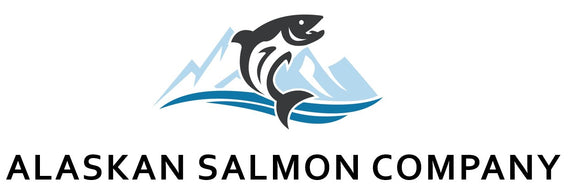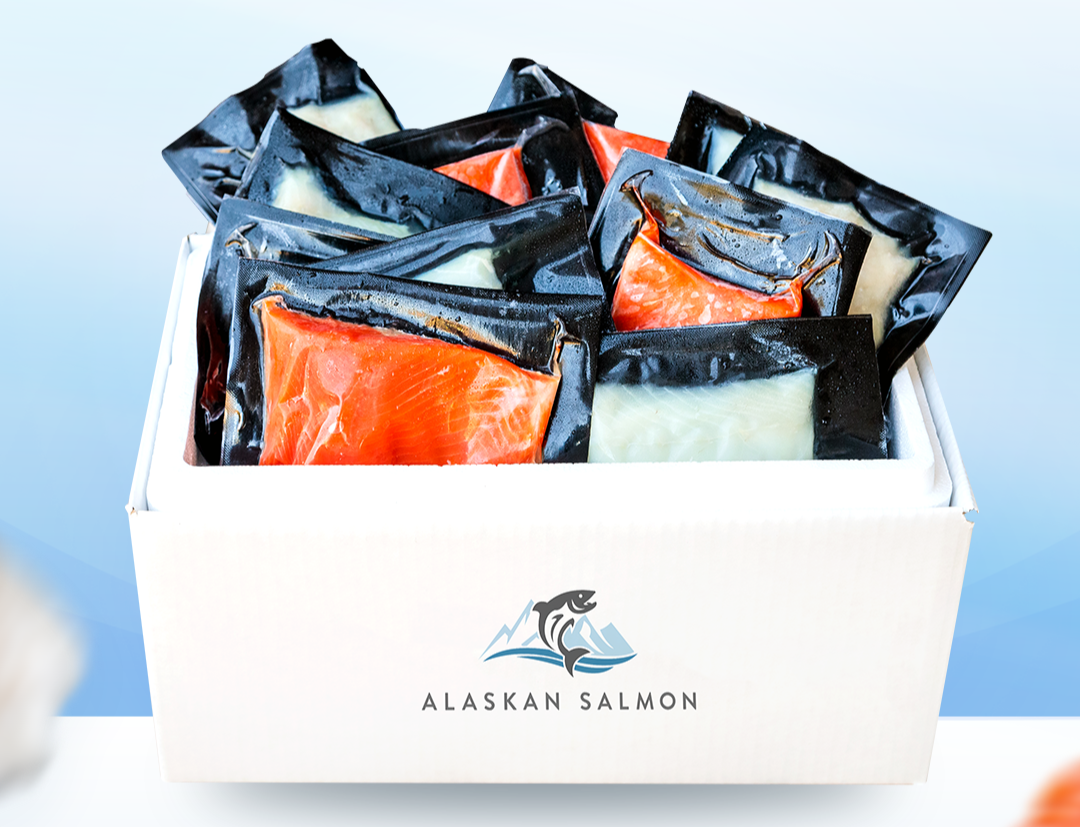FDA List of Safe Fish to Eat During Pregnancy and Breastfeeding
Updated on Dec 15, 2025
Eating fish during pregnancy and breastfeeding can be a smart and nourishing choice. For many families, it can be an easy way to add variety and essential nutrients to a prenatal diet.
However, not all fish are created equal when it comes to pregnancy. Some types contain higher levels of mercury and other contaminants that may pose risks to a developing baby.
In this article, we’ll take a closer look at the FDA’s list of safe fish to eat during pregnancy and breastfeeding, explore other pregnancy-safe seafood options, and discuss recommended intake amounts.
What are the Pros and Cons of Eating Fish During Pregnancy?
Eating fish during pregnancy can be beneficial for both the mother and the developing baby. Fish provides high-quality protein and important nutrients such as omega-3 fatty acids, especially DHA, which supports fetal brain and eye development.
It also contains key vitamins and minerals like vitamin D, iodine, and vitamin B12 that contribute to maternal and fetal health.
However, not all fish are safe to eat during pregnancy. Some types contain high levels of mercury, which can affect a baby’s developing nervous system if consumed too often. There is also a risk of foodborne illness from raw or undercooked fish. Therefore, proper selection and preparation are essential.
As long as fish is chosen carefully and prepared, it can be a healthy and nourishing part of a pregnancy diet.
FDA List of Safe Fish to Eat During Pregnancy and Breastfeeding
The FDA groups fish based on their average mercury levels to help pregnant and breastfeeding women make safer choices. The following list highlights fish that are considered lower in mercury and appropriate to include in a balanced pregnancy diet:
- Salmon
- Pollock
- Tilapia
- Cod
- Catfish
- Canned light tuna
- Sardines
- Anchovies
- Herring
- Trout
- Haddock
- Flounder
- Sole
- Whiting
Other List of Safe Seafood to Eat During Pregnancy
In addition to fish, the FDA also identifies several types of seafood that are generally low in mercury and safe to eat during pregnancy and breastfeeding when properly cooked.These options can help add variety:
- Shrimp
- Crab
- Lobster
- Scallops
- Oysters (fully cooked)
- Mussels (fully cooked)
- Clams (fully cooked)
How much Fish and Seafood is Recommended During Pregnancy?
During pregnancy and breastfeeding, it’s recommended to eat fish and seafood in moderation. A typical serving is about 4 ounces, which is roughly the size of your palm. The FDA advises eating 2 to 3 servings per week from the “Best Choices” list of fish, which are lowest in mercury.
If choosing from the “Good Choices” list, limit intake to 1 serving per week. This approach helps expectant and breastfeeding mothers gain the nutritional benefits of fish while minimizing potential risks.
FDA Guidelines for Eating Fish and Seafood During Pregnancy
To get the most benefit from fish while keeping your baby safe, the FDA provides practical guidance. Follow these tips:
- Choose low-mercury fish: Stick to options from the “Best Choices” list, such as salmon, sardines, and trout, and limit “Good Choices” fish to one serving per week.
- Keep portions in check:A serving is about 4 ounces, roughly the size of your palm. This helps ensure safe mercury exposure.
- Cook seafood thoroughly: Avoid raw or undercooked fish, shellfish, or sushi to reduce the risk of foodborne illness.
- Vary your seafood: Eating different types of fish and seafood provides a wider range of nutrients and helps avoid overexposure to any one contaminant.
- Check labels for canned fish: When consuming canned tuna, choose “light” varieties rather than albacore, which can have higher mercury levels.
- Limit high-mercury fish: Avoid shark, swordfish, king mackerel, and tilefish, as these can be harmful to fetal development.
- Store and handle seafood safely: Keep fish refrigerated or frozen until ready to cook and avoid cross-contamination with other foods.
- Consult your healthcare provider: If you have any questions about seafood in your diet, especially if you eat fish frequently, your doctor or dietitian can help tailor guidance to your needs.
Summary
Eating fish and seafood during pregnancy and breastfeeding can be both safe and highly beneficial when you make informed choices. Remember to choose low-mercury options, watch portion sizes, and cook seafood thoroughly.
For a delicious and nutrient-rich option, consider incorporating Wild King Salmon or Wild Sockeye Salmon into your meals. Both are packed with exceptional omega‑3s and can be prepared in any style.
Wishing you a healthy, happy pregnancy filled with nourishing meals!








